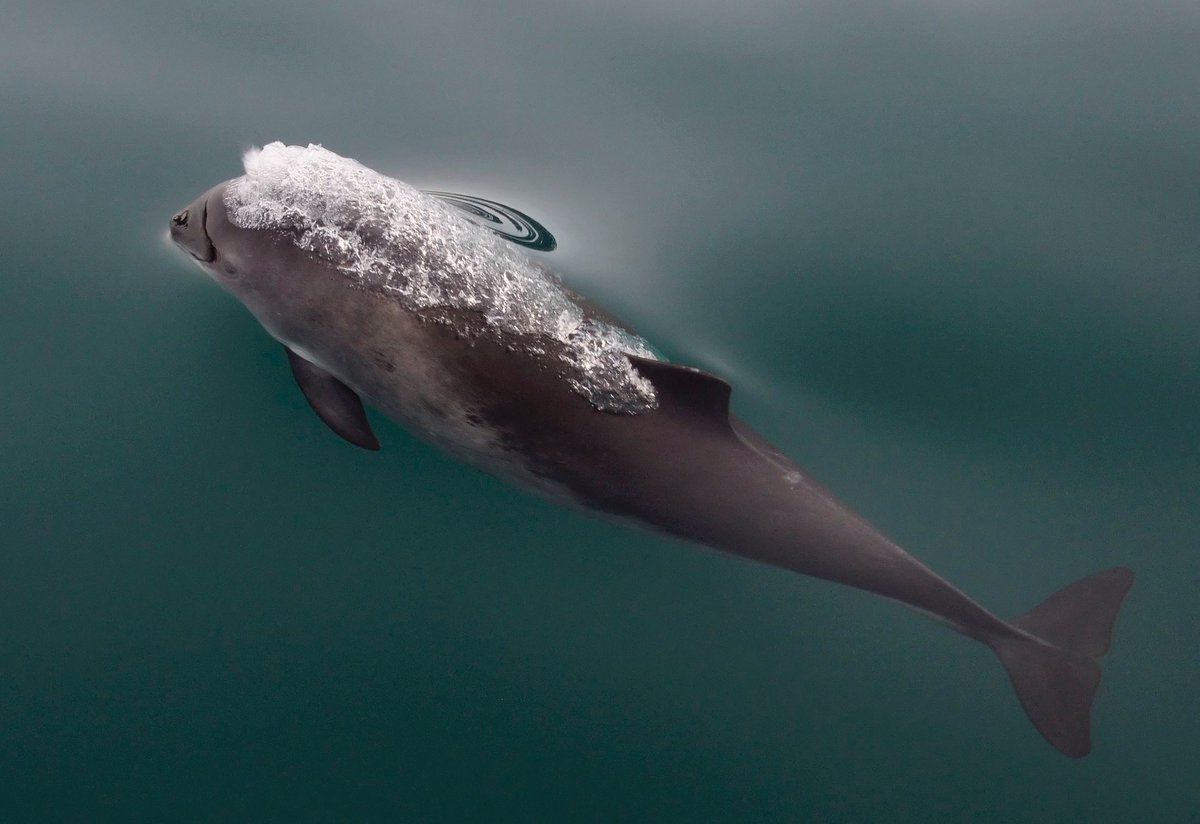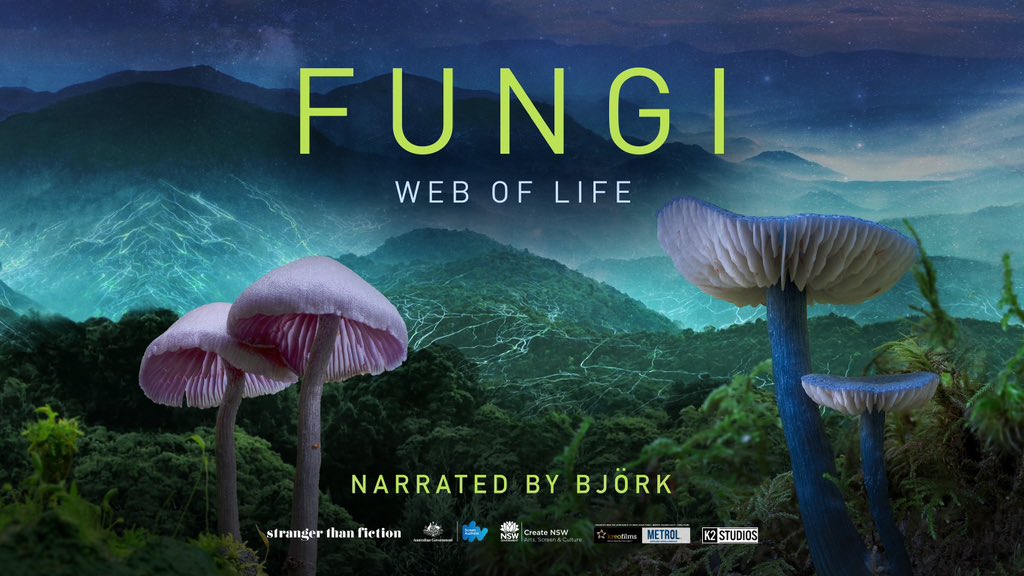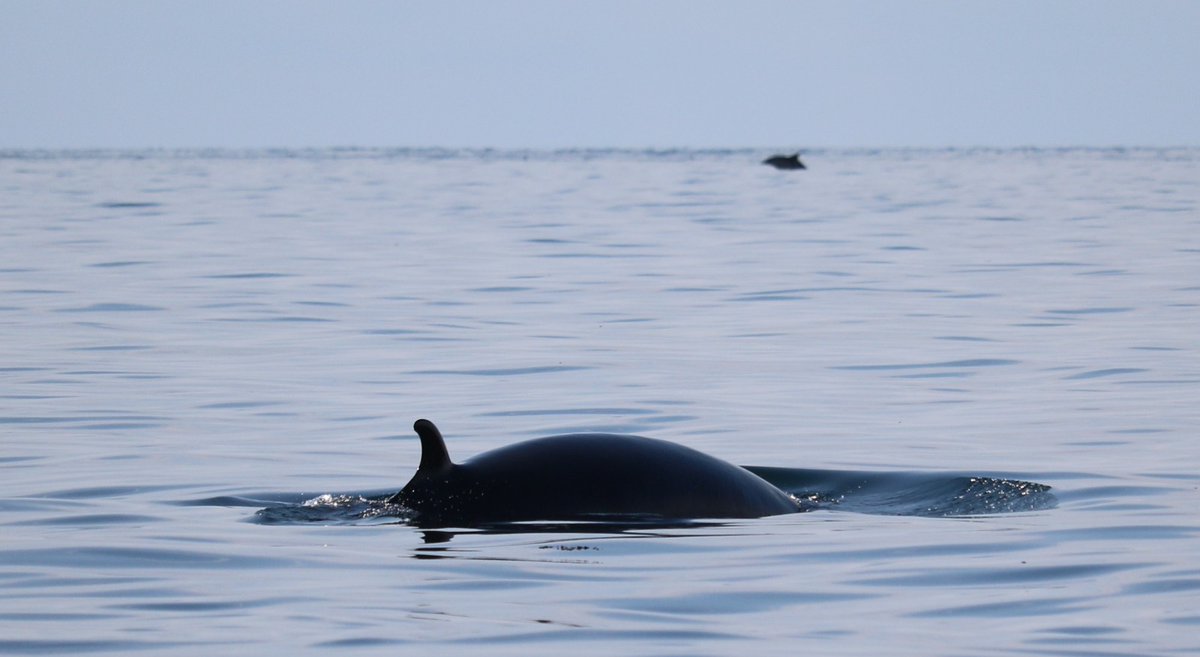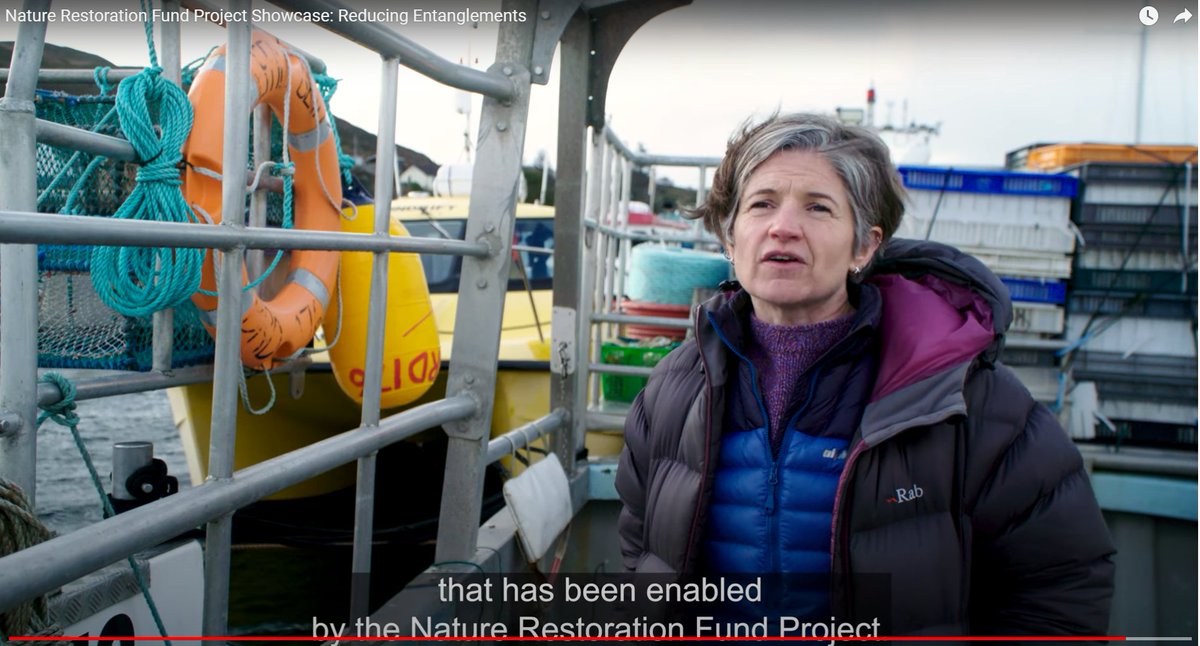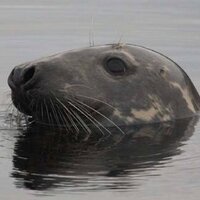
Susannah Calderan
@susa_scoter
Whale research. Mostly Scotland & Antarctic; acoustics and human impacts (esp bycatch). Research Fellow @SAMSoceannews. Opinions my own. But happy to share.
ID: 233988701
04-01-2011 15:57:21
724 Tweet
265 Followers
1,1K Following
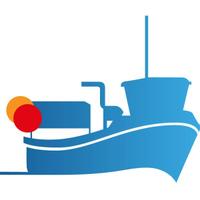

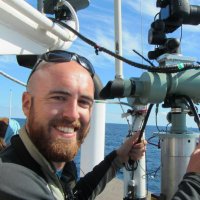
New and important evidence that Acoustic Deterrent Devices (e.g. in salmon farms to deter seals) decreases harbour porpoise presence/feeding behaviour (echolocation). Great work by Dr Charlotte Findlay and colleagues at Scottish Association for Marine Science & Hebridean Whale & Dolphin Trust
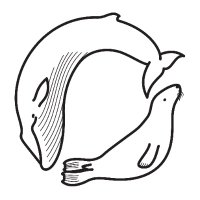
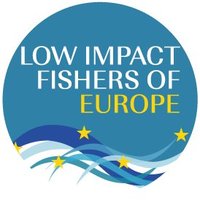
End of an Era: .Jerry Percy , Director of the New Under Ten Fishermen’s Association [NUTFA] has announced the forthcoming closure of the organisation that has represented the under ten sector of the UK industry for many years. Learn more here: lifeplatform.eu/end-of-an-era/
![Low Impact Fishers of Europe (@lifeplatformeu) on Twitter photo End of an Era: .<a href="/TheJerryPercy/">Jerry Percy</a> , Director of the New Under Ten Fishermen’s Association [NUTFA] has announced the forthcoming closure of the organisation that has represented the under ten sector of the UK industry for many years. Learn more here: lifeplatform.eu/end-of-an-era/ End of an Era: .<a href="/TheJerryPercy/">Jerry Percy</a> , Director of the New Under Ten Fishermen’s Association [NUTFA] has announced the forthcoming closure of the organisation that has represented the under ten sector of the UK industry for many years. Learn more here: lifeplatform.eu/end-of-an-era/](https://pbs.twimg.com/media/GK4JfBmXUAA8f9K.jpg)



If you know anyone who can fund the transportation and storage costs for one of these Metro-Cammell GlasgowSubway cars as they are retired from service, drop me an email at [email protected]


At Scottish Association for Marine Science + Royal Society of Edinburgh 🐳👀 event: learning from Susannah Calderan about work of Scottish Entanglement Alliance SCFF where creel fishers are working with researchers to reduce entanglement risk of sharks & whales. Addressing major welfare & conservation issue 👏🐳😊💙



Now that we know what Atlantic white-sided dolphins sound like, they can be monitored using passive acoustics. New research by Susannah Calderan Song of the Whale Nienke van Geel @denrisch et al onlinelibrary.wiley.com/doi/full/10.11…
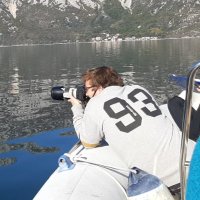

Small-scale flow impact fishing activities are part of the solution but they are the forgotten and marginalised fleet. By placing them at the center of policies we would achieve #fairfisheries, healthy seas and vibrant communities. makefishingfair.org Virginijus Sinkevičius



Vaccinating badgers more effective than culls in stopping bovine TB, study finds. “Despite more than a decade of culling badgers in England, there is no scientific consensus on whether it has reduced bTB.” Several studies found it had no positive impact. theguardian.com/environment/ar…
